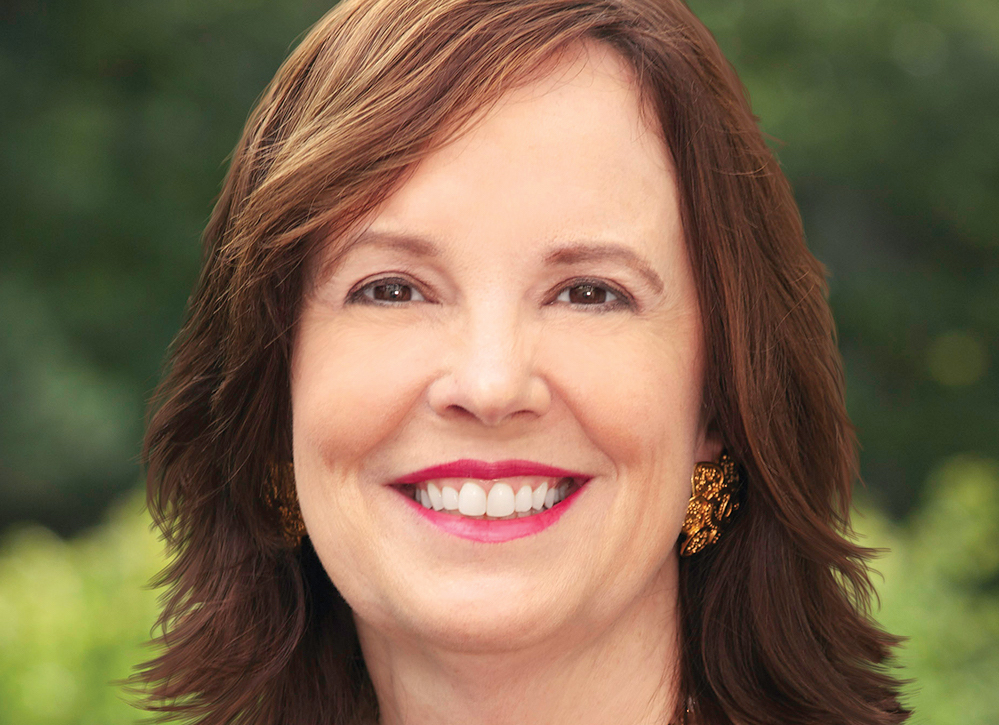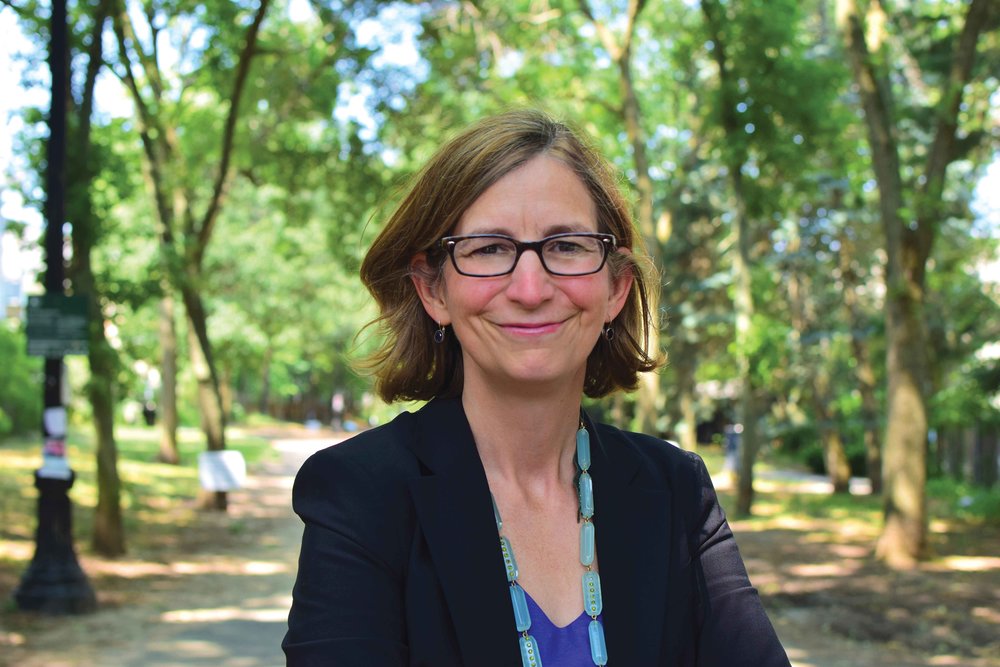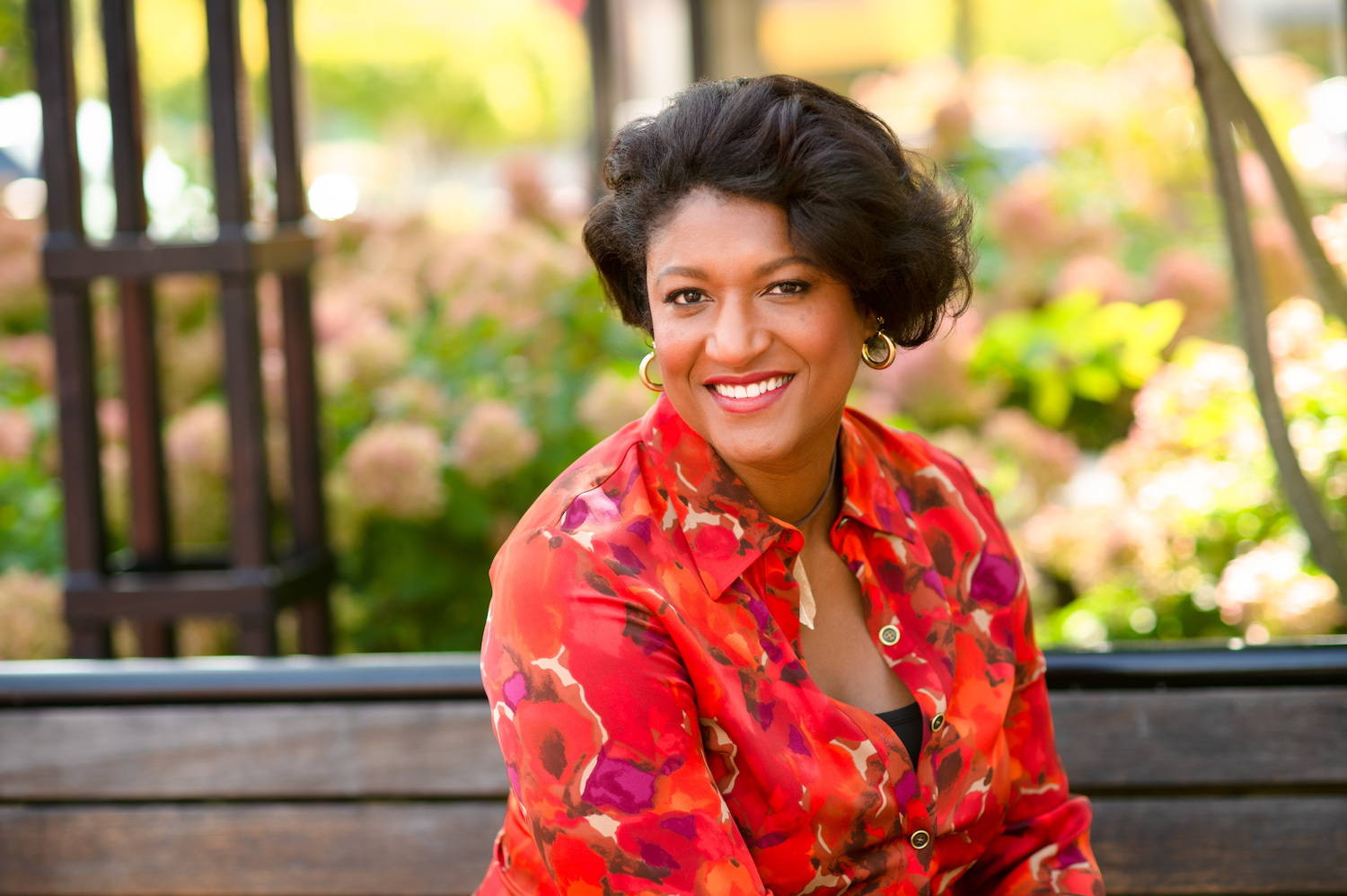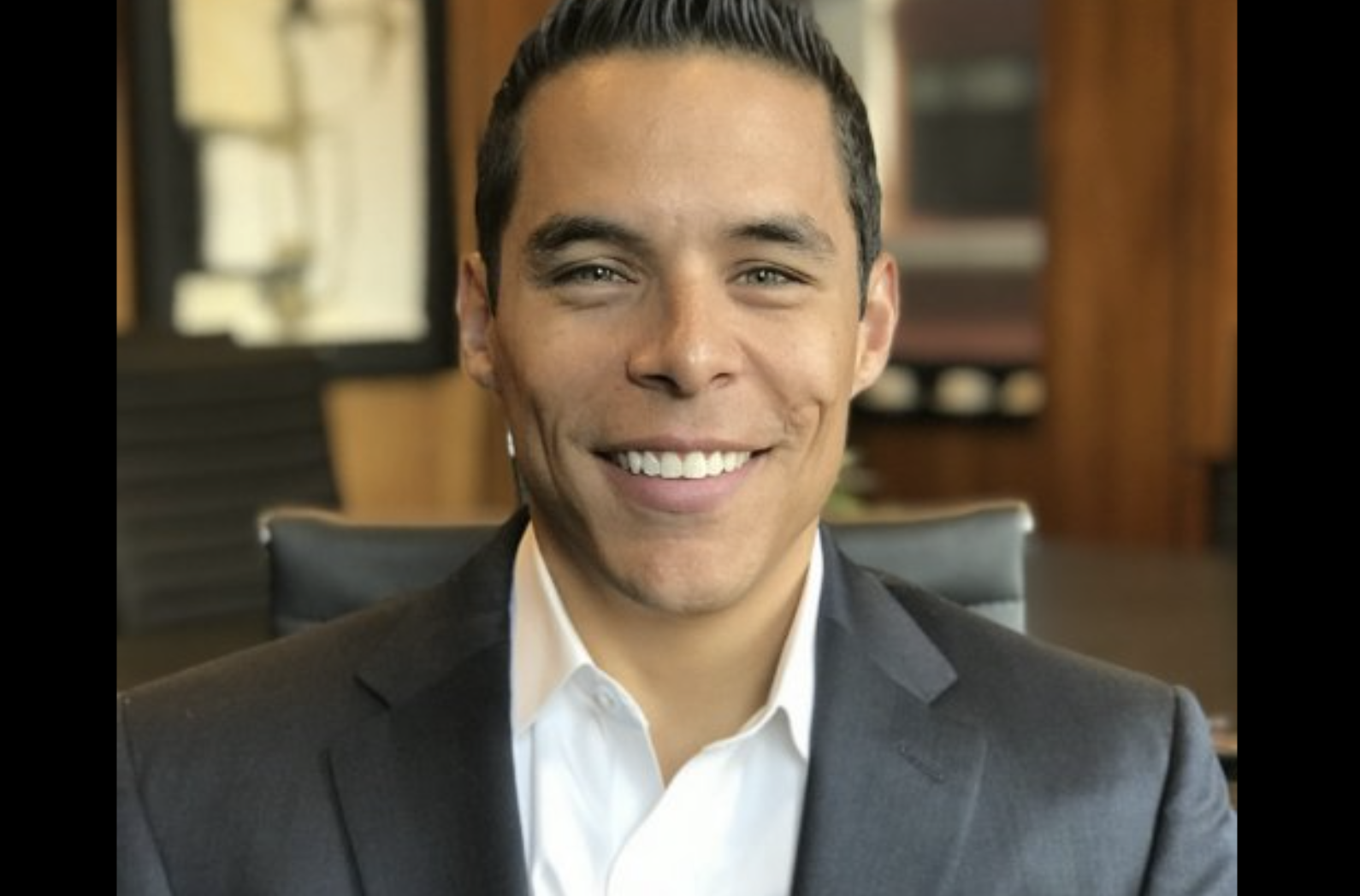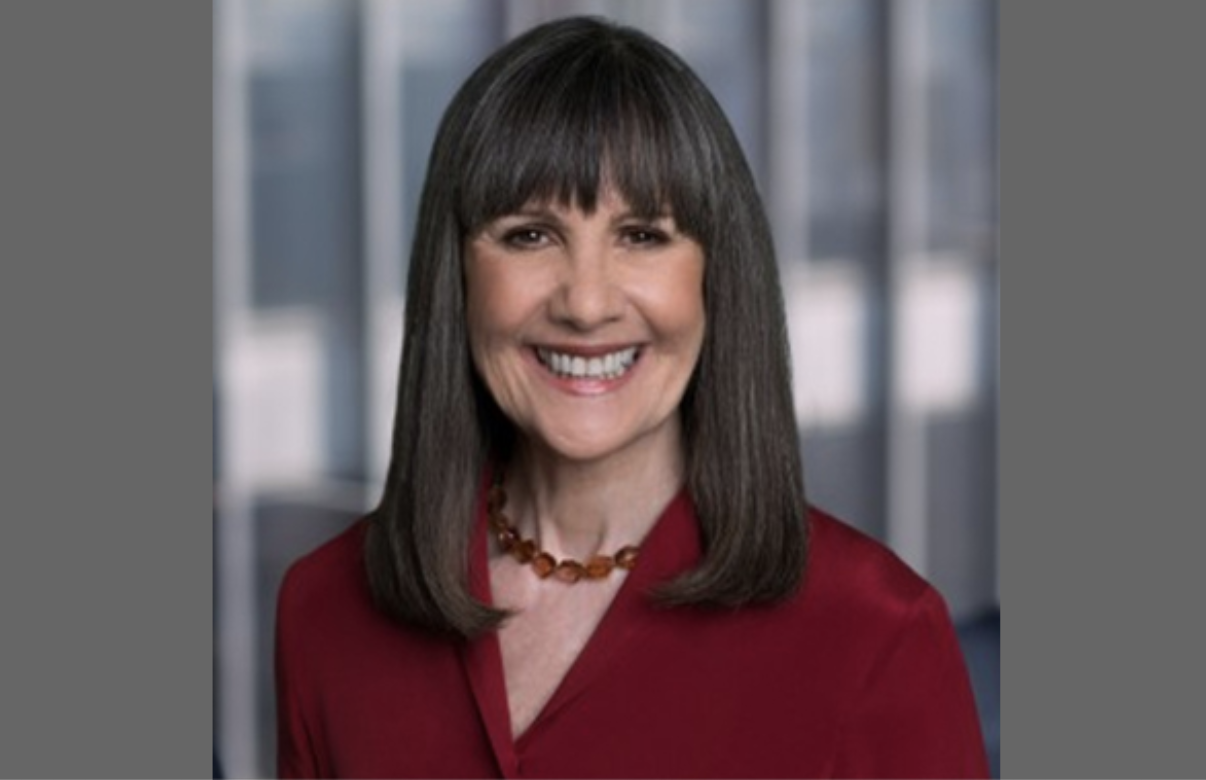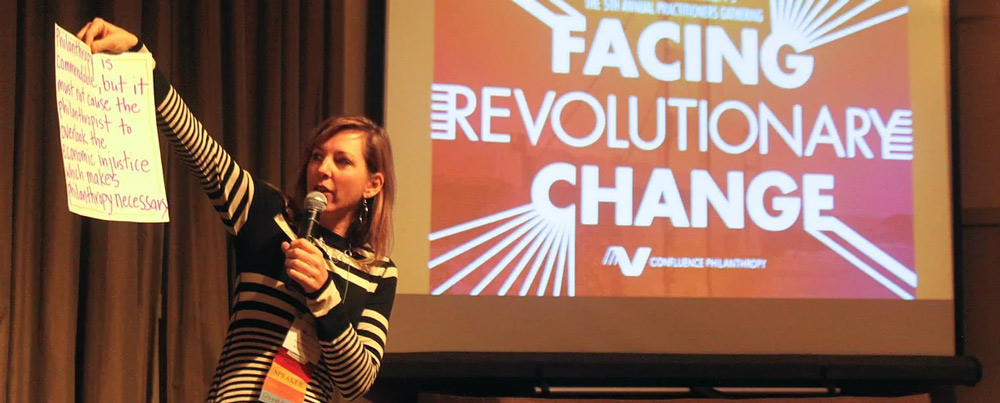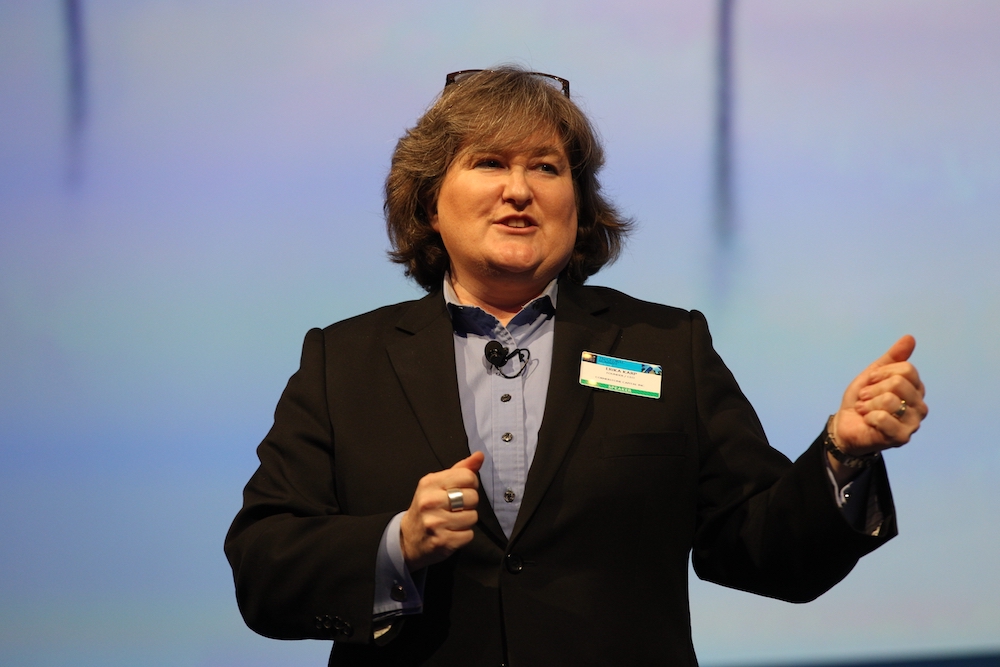On a winter evening in early 2017, I met with a close friend, a former venture capital professional, for dinner in Harvard Square. We found ourselves commiserating about the recent presidential election and discussing the “Me Too” movement. One of her daughters and I had each just attended the ‘Pink Hat’ Women’s Protest March.
My friend, Linda Wisnewski, and I were animated as we compared notes. Linda said, “I want to take action! I want to make a difference with my money to support women. I know we have made gender lens investments, but what more can we do?”
So right then, we cooked up an idea to have a meeting at her house with women investors, asset managers and academics, calling the event “Beyond Conversation: Gender Inclusion Now.”
Our thinking was to unite women around gender empowerment through all forms of capital, including our social capital, intellectual capital and especially our financial capital. We wanted to collaborate with various wealth managers and asset management firms and discover how we could collectively be most effective to make a difference for women and girls.
The United Nations has published 17 Sustainable Development Goals. Among them, number five, is “Gender Equality: achieve gender equality and empower all women and girls.” The UN says this is the most important one and without it we won’t achieve all the rest. “Gender equality is not only a fundamental human right, but a necessary foundation for a peaceful, prosperous and sustainable world.”
The women who joined our Beyond Conversation group were motivated and felt a strong sense of purpose. Through a series of coast-to-coast meetings, we aligned ourselves with the West Coast-based Women’s Inclusion Project (WIP).
While I had worked in impact and sustainable investing for many years, this was my introduction into the marvelous path to systemic change to benefit society via the public markets: shareholder engagement. Our group selected three areas to take action: gender diversity on boards, workplace equity, and ending online sexual exploitation and violence against children.
Impact career
This was a fulfilling culmination of a journey. For more than twenty years, I’d had a deep personal interest in mindfulness, meditation, and yoga. I found joy as a mentor for children in underserved communities and advocating through social enterprises for the well-being of children. I adopted a daughter from foster care and raised her alongside my two biological sons.
However, I found myself at a crossroads in my career. While I wanted to remain in the investment management industry, I needed to find my “right work” within the business.
About 15 years ago, our clients began to ask us to align their investment portfolios with their values. I found this idea tremendously exciting, and I began to invest my portfolio alongside our clients. As I learned more about values-aligned investing, my firm built an increasingly robust ESG and impact investing practice. Within impact investing, I also found the “right livelihood” for myself—the missing ingredient I had been looking for to integrate my personal and business expertise in a way that could add value to clients and more purpose to my life.
In 2020, I sold the company I founded, Athena Capital Advisors, in a merger transaction to Fiduciary Trust International, a wholly owned subsidiary of Franklin Templeton. While owning Athena Capital, much of my net worth was in my own company stock. I invested in the same specific assets as clients but with a more conservative asset allocation.
Now, my asset allocation more closely mirrors my clients, but as a former entrepreneur and risk-taker, I also have some risky self-directed investments like early-stage private companies. I even own some crypto assets!
Personal portfolio
My personal portfolio is alpha seeking and mission-driven and includes market-rate investments across public and private investments. Not every investment is invested for impact, but I do strive to avoid harm and to focus on impact where it is most achievable in order to get a high “social sharp ratio.” Between investing and philanthropy, the goal is to use my dollars wisely for a mix of financial return and positive social or environmental impact.
I preferentially allocate my assets across investments with gender and racially diverse management teams. For the most impact, I look to private markets and shareholder engagement in public markets. For ESG-aligned investing I maintain a core equity portfolio through Aperio using a tax-loss harvesting strategy for financial alpha with a gender and environmentally screened positive tilt. I own mutual funds and ETFs, such as Just Capital, that focus on ESG integration along with Breckenridge’s ESG municipal bond strategy. My cash is in T-bills in a company with a female CEO, and deposits in a bank with a history of strong female leadership.
I think one of the best examples in my portfolio for generating impact at scale alongside market-rate returns is Reach Capital, a venture capital firm with a diverse leadership team focused on ed tech and workforce development. I believe that the companies they invest in will make a difference in combatting racial inequality and poverty alleviation through the pathway of educational opportunity. I’ve invested with a black woman entrepreneur, Isa Watson, who made the Inc. 30 Under 30 List and founded Squad – a social tech platform, an exciting new form of social media. I’m also an early investor with Ides Capital run by Dianne McKeever, a hedge fund that does ESG activism in small cap companies, focused on unlocking value through ESG improvements.
My portfolio also includes investments designed to provide flexible capital, and therefore concessionary returns, such as a mission-related investment in the form of a debt instrument to the Tibetan Monastery Project. This enables the Tibetan Diaspora worldwide to have digital access to their Buddhist monastic community in Asia, preserving a cultural wisdom tradition. The 4% note is now fully invested and the program is gaining traction.
Shareholder resolutions
Last but not least, I engage in shareholder activism. Since our group of women investors filed our first resolution over five years ago, we and the Women’s Inclusion Project have interacted with about 25 companies to inspire change in corporate America around issues of diversity, equity and inclusion and sexual violence. Some of the companies I have been in dialogue with include Verizon, Sprint, Alphabet, and Facebook. The first resolution that I was a co-filer on was Verizon, around issues of child sexual exploitation online. We received 34% of the vote, which is a significant amount for a first-time resolution. Management subsequently agreed to improvement in child safety for their Yahoo search engine, including hiring a child safety director with a cybersecurity background, and sold their Tumblr platform.
In 2020, I was the lead filer on a resolution involving Facebook. We sought disclosures about the risk of increased sexual exploitation of children as their platform develops additional privacy tools including end-to-end encryption. As Facebook is the largest source of online child sexual abuse material in the U.S., the additional privacy tools may restrict the ability to detect and report exploitive material.
On May 20, 2020, we held a press conference during which my daughter shared a personal experience about her experience on the platform, and following the sharing of her story, our resolution received a strong initial response, representing 43% of the non-management-controlled shares worth over $163 billion. Our campaign received global press as well as coverage from Barron’s, The Wall Street Journal, and The Boston Globe. We filed a second resolution that went to vote at the 2021 annual shareholder meeting and this time we received 56% of the non-management vote, valued at approximately $321 billion in shares. This put us over the SEC threshold to file for a third year. Facebook has also now agreed to engage in dialogue with us, and has taken steps to improve child safety on their platform. We look forward to continued discussions with management in the months ahead.
My portfolio continues to evolve as the world evolves. My pipeline of investment opportunities is deep in managers that are investing in underrepresented communities and that seek to undo centuries of racial injustice in America and to decolonize money. It’s a hard task. Our Women’s Inclusion Project is increasingly focusing its shareholder initiatives on both gender and racial diversity, and the work around child sexual exploitation disproportionately impacts black and brown girls, both in the U.S. and abroad.
This and other critical issues are looming as we move to a net-zero economy. We can’t afford to sit on the sidelines and be followers. We must be leaders with our capital and set a good example. I am constantly looking at my portfolio to see where I can do better. Who can I partner with? How can I be the change I want to see in the world? I encourage you to do the same.
If you want to get involved in shareholder activism, I encourage you to seek out tools and resources online such as the Interfaith Center on Corporate Responsibility’s Guide to Filing Shareholder Resolutions, or look on the websites of As You Sow and CERES. Other high quality impact organizations include Gratitude Railroad (GRR) and Global Impact Investing Network (GIIN). Your financial advisor may be a useful guide as you explore these opportunities.
Lisette Cooper is a vice chair at Fiduciary Trust International.
Thanks to Confluence Philanthropy for sharing Ivy Jack’s post.

